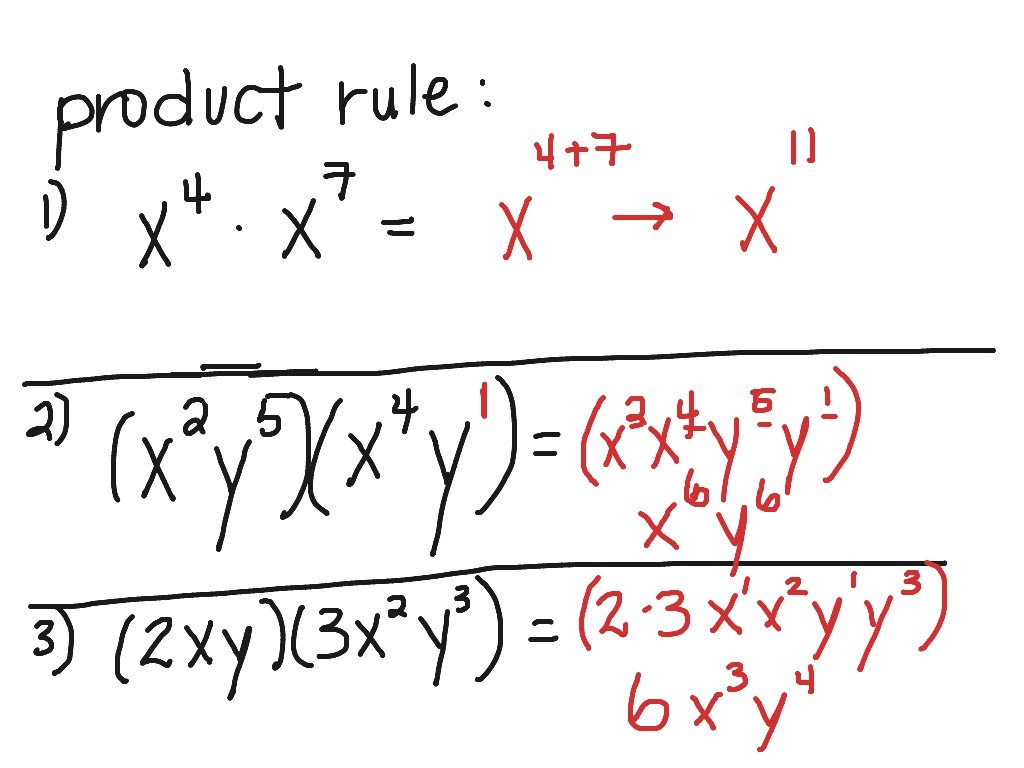
This course applies a comparative, anthropological lens to the study of food by examining the connections between what we eat and who we are. Through selection, ingestion, and digestion of food, we make the outside world a part of us, and food and its associated practices have long nourished the discipline of anthropology. Whitelaw PhD, Executive Director for the Reischauer Institute for Japanese Studies, Harvard Universityįood and eating are not just necessary for life, they are the basis of culture. Ousmane Kane PhD, Prince Alwaleed Bin Talal Professor of Contemporary Islamic Religion and Society and Professor of African and African American Studies, Harvard University ANTH S-1068 Not open to Secondary School Program students. Students must attend and participate at the scheduled meeting time. Notes: This course meets via live web conference. Mondays, Tuesdays, Wednesdays, Thursdays, July 11-28, 12:00pm-3:00pm Key topics include Black anti-slavery and anti-imperialism Black Marxism Black feminism intersectionality and reparations.

This course introduces students to some of the key texts and ideas in the history of Black radical thought since the nineteenth century. Walter Johnson PhD, Winthrop Professor of History and Professor of African and African American Studies, Harvard University Assignments address pressing real-world questions related to food justice, labor politics, and social inequality, drawing from our individual and collective experiences. Interdisciplinary course readings weave together threads of profound historical and contemporary debates on race, class, and consumption. We explore elements of the mundane the morning pastry, the bottle of water, or the spices forgotten in our cabinets all items that not only play a role in the movement of billions of dollars around the world, but also in the access to fundamental rights and equity in the lives of all people. Together, we analyze the interplay of food and labor, taste and power, race and consumption, community and capitalism, luxury and inequality, food sovereignty and celebrity, and responsibility and repair. This course examines the intersection of race, class, and consumption in historical and contemporary food politics. Our intimate experiences of food as something we consume in our bodies create social niches in which the consumption of luxury items by connoisseurs allows for claims of superior status, taste, and ethics. Food and nutrition, primary and recurrent needs of all human beings, also become deeply entrenched in social meaning making. Today, a heavy burden is placed on consumers to understand the social justice (or lack thereof) of the products that they purchase. Martin PhD, Assistant Director of Undergraduate Studies, African and African American Studies, Harvard University Harvard College students: This course is eligible for degree credit, but see important policy information.Ĭarla D. Noncredit, undergraduate, graduate credit $3,500. Mondays, Wednesdays, June 22-August 5, 6:30pm-9:30pm The course focuses on fundamental dimensions of Africana philosophy: history, method, logic, epistemology, metaphysics, ethics, aesthetics, religion, and politics.


#Product rule calculus tufts professional
This course examines Africana philosophy as a field of study practiced by professional philosophers of African Descent and non-African philosophers. I have this function $$A_x=A_0\frac.Teodros Kiros PhD, Associate of the Hutchins Center for African and African American Research, Harvard University and Professor, Liberal Arts, Berklee College of Music


 0 kommentar(er)
0 kommentar(er)
